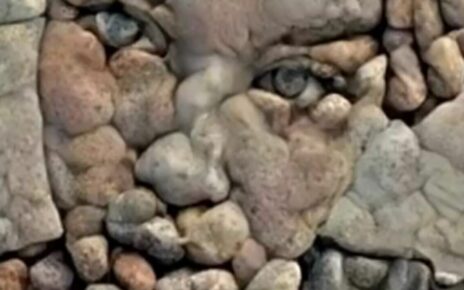Phil Tippett has always seen himself as an artist and “Mad God,” a film he wrote, directed and produced, is his dream project come to life.
The film combines stop-motion, live action and techniques inspired by a lifetime in visual effects. After he worked for 30 years on the project, Shudder, AMC’s premium streaming service for horror, has acquired the movie and will make it available this summer.
Tippett, a two-time Academy Award winner, came up with the idea for the experimental film during a break on “RoboCop 2.” After working with a series of sketches inspired by all the movie monsters he loved as a kid and designing some sets, he and his team shot the first few scenes at Tippett Studio. Soon, he was offered work on “Jurassic Park” and so Tippett suspended the project while he collaborated with Steven Spielberg on the iconic effects that set a new standard for action films.
“I didn’t know it at the time but my mind was churning and I was working through ideas [from when] I was very young,” says Tippett. “It can take many years of formulation, coming up with ideas and storyboards until something comes together sometimes. You could call it research, but for an artist it’s like dreaming.”
Tippett set his story in a fantastical world with the kinds of beings that have always consumed him — monsters, mad scientists and even bizarre war pigs. When the film opens, a distressed diving bell descends into the ruins of a city. It eventually settles down upon a fortress guarded by zombie-like sentries. Then a character known as the Assassin comes forward to enter Tippett’s world of bleak landscapes, which are populated by many strange creatures. The story takes the Assassin on a journey that leads to his unexpected evolution.
“Mad God” has received strong reviews for its unconventional storytelling style and apocalyptic visuals. The horror/animation film currently holds a 90% fresh rating on Rotten Tomatoes.
“As our company became bigger and I was able to train more visual effects supervisors, that gave me more time to work on ‘Mad God,’” says Tippett. “But there was still a lot to experiment with. Sometimes I would need to work things through in my mind or by experimenting with my techniques because this is not a conventional story that’s told the way a studio would want to tell it. It’s the story I wanted to tell and I told it the way I wanted to tell it.”
Source: Read Full Article
